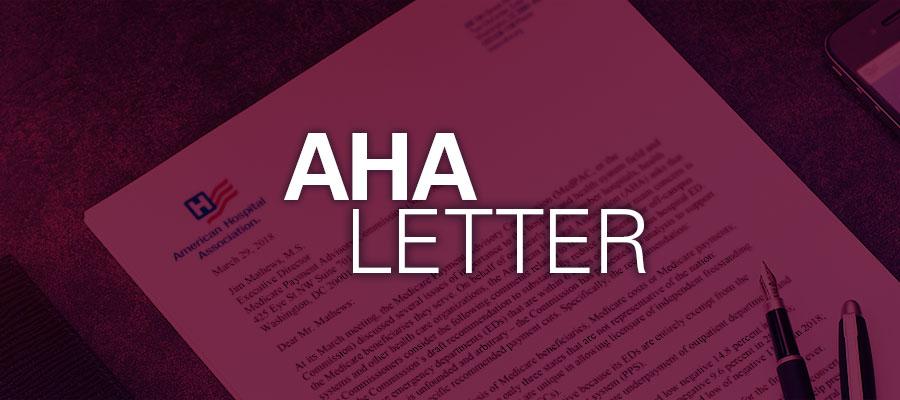AHA voices support for bill to extend moratorium on Medicare sequester cuts

The AHA today voiced support for the Medicare Sequester COVID Moratorium Act (H.R. 315), legislation that would eliminate Medicare sequester cuts during the COVID-19 public health emergency.
The current moratorium on a 2% cut to all Medicare payments expires March 31, but many hospitals and other providers continue to experience significant financial challenges.
“Hospitals and health systems were projected to lose more than $320 billion in 2020 alone due to COVID-19,” AHA said in a letter to Reps. Bradley Schneider, D-Ill., and David McKinley, R-W.Va., the bill’s sponsors. “They have faced enormous costs to maintain proper personal protective equipment, ensure adequate supplies and equipment, safeguard sufficient staffing, purchase new drugs and therapies, and retrofit their physical plants to care for patients with the virus. These expenditures come as months of essential hospital revenue has eroded due to the combination of reduced demand for emergent and non-emergent care, as well as growing uncompensated care costs attributable to the newly uninsured. Eliminating the Medicare sequester cuts during the PHE will provide critical financial assistance to hospitals and health systems on the front lines of the pandemic.”

